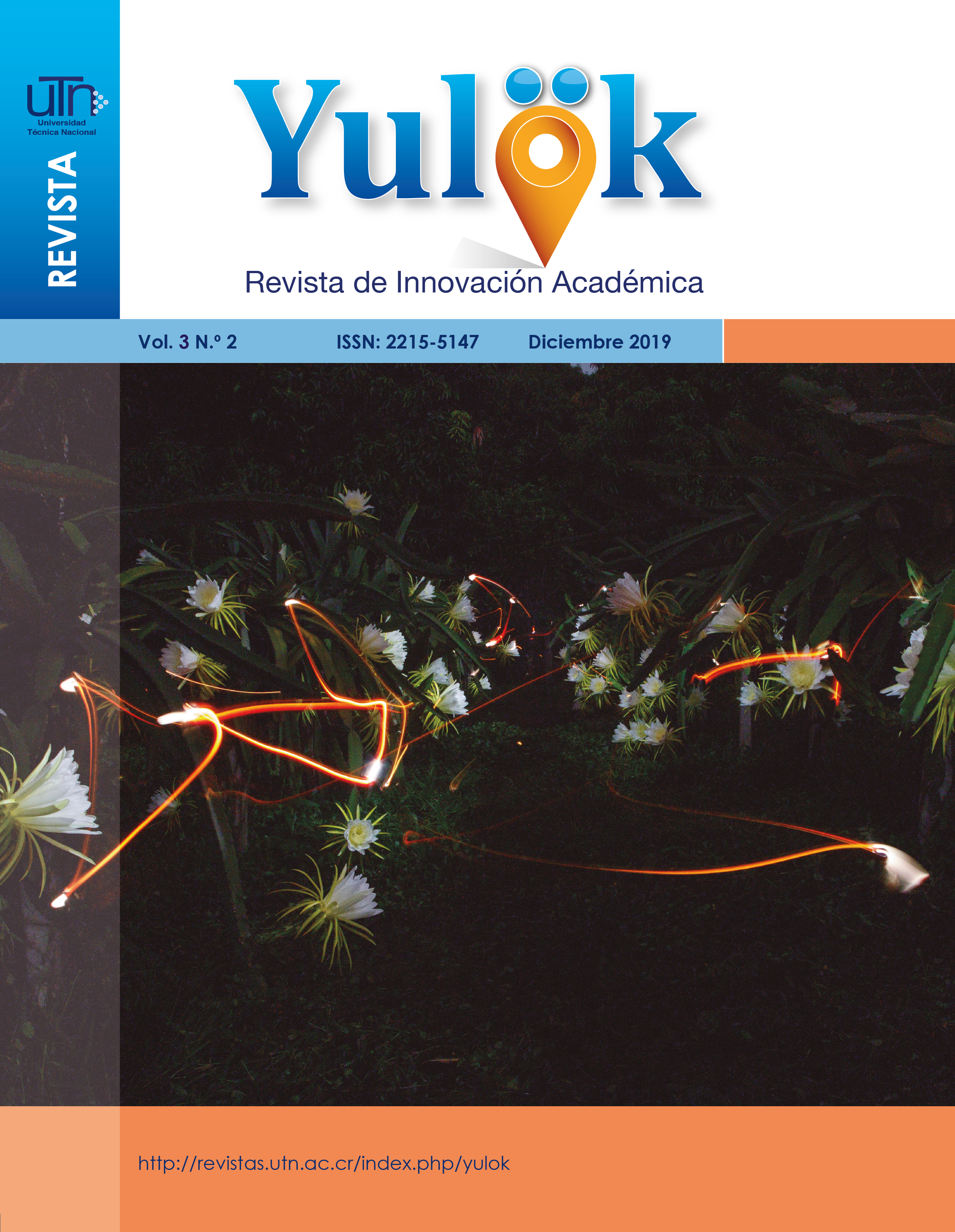Role and essential characteristics of inspiring and innovative teachers to manage knowledge
Main Article Content
Abstract
Higher education today requires inspiring and innovative teachers capable of transforming the landscape of higher education, through methodologies and techniques of pedagogical mediation that transform the personal, social and economic lives of students, therefore, these professionals are called to question the current educational models considered successful, from a perspective of assessing whether they are effective in the face of technological and pedagogical innovations, analyzing changes in the technological, social and economic behavior of students, product of the digital era of the 21st century.
The objective is to define the role and the characteristics of the inspiring teacher in the learning process, through research on the concepts and variables to which they refer, that allow the development of skills and competencies through the experience of current and future challenges of student.
The role and characteristic of the inspiring teacher is essential to exercise different functions aimed at accompanying the student in the learning process, and in the development of professional and personal skills and competencies.
It is necessary to take the role of advisor, evaluator, challenge designer and professor, professional and personal aspects of inspiring, updated, participatory, innovative, and user of IT.
Article Details
Section

This work is licensed under a Creative Commons Attribution-NonCommercial-ShareAlike 4.0 International License.
Todos los artículos publicados están protegidos con la licencia Creative Commons Atribución-NoComercial-CompartirIgual 4.0 Internacional
![]()
How to Cite
References
Aranguren, J. (10 de abril, 2018). ¿Para qué sirven los buenos profesores? Nueva Revista. Número 164. Recuperado de: https://www.nuevarevista.net/universidad/para-que-sirven-los-buenos-profesores/.
Aristulle, M., Paolini, P. (2019), Habilidades socioemocionales en las comunidades educativas: aportes para la formación integral de los y las docentes. Revista Educación, Número 43, July-December, ISSN: 0379-7082 / 2215-2644, Recuperado de: https://revistas.ucr.ac.cr/index.php/educacion/article/view/28643/38643.
Badilla, E. (2012). La Universidad en Tránsito. Revista Actualidades Investigativas en Educación. Recuperado de: http://dx.doi.org/10.15517/aie.v12i1.10267
Fedorov, A. (2008). Foro virtual como una estrategia metodológica para el desarrollo del pensamiento crítico en la universidad. Tecnología en marcha. p. 102-113.
Hernández, R., Fernández, C. y Baptista, P. (2014). Metodología de la investigación. México: Mc Graw Hill.
Herrera, J. (2018). El pensamiento crítico como desafío en la educación costarricense. Revista Umbral. Número XLII. Recuperado de: http://www.colypro.com/revista/articulo/el-pensamiento-critico-como-desafio-en-la-educacion-costarricense
Ollivier B. (2001). La educación se vuelve industria. En: El Tiempo, Bogotá (20, mayo); p. 3-10-11. Entrevista.
Savater, F. (1997). El valor de educar. Barcelona: Ariel.
Tecnológico de Monterrey. (2018). Mode¬lo Educativo TEC21. Versión Julio 2018. Monterrey, México.
Universidad Técnica Nacional. (2016). Mode¬lo Educativo de la UTN. Alajuela, Costa Rica: Editorial Universitaria EUTN.

